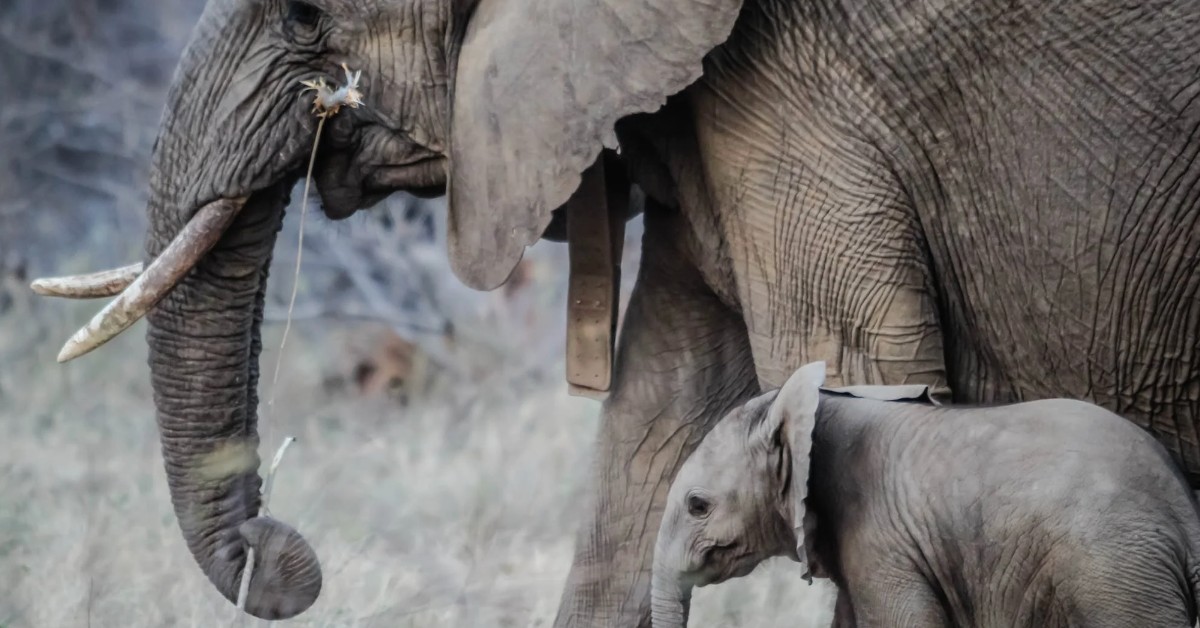Paul Barton, a concert pianist originally from the UK and now residing in Thailand, has gained remarkable recognition for his extraordinary performances as he plays the piano for rescue elephants at Elephants World. His YouTube channel, dedicated to showcasing these heartwarming interactions, boasts nearly 700 thousand subscribers, reflecting a growing audience captivated by the pianist’s harmonious connection with these gentle giants. One video, in particular, has amassed a staggering 11 million views, featuring an 80-year-old, nearly-blind elephant named Ampan serenely entranced by the sounds of Debussy’s Clair de Lune.
Elephants World, situated just outside the city of Kanchanaburi in western Thailand, serves as a sanctuary for over 30 elephants who have been rescued from harsh and exploitative environments. These majestic creatures were previously subjected to grueling labor in activities like logging and tourism. Elephants World stands as one of several sanctuaries in Thailand committed to offering these magnificent animals the opportunity to spend the remainder of their lives in tranquility and safety.
The inception of Paul Barton’s remarkable journey into the world of playing the piano for elephants can be attributed to his wife, Khwan, an artist who initially visited the sanctuary to create sculptures of the resident elephants. In celebration of Paul’s 50th birthday, Khwan successfully convinced the manager of Elephants World to allow them to introduce a piano into the sanctuary. However, this endeavor was not without its challenges. The sanctuary, nestled alongside the River Kwai, boasts a rugged and uneven terrain, necessitating the use of a pickup truck to transport the piano deep into the wilderness. Despite these logistical hurdles, Paul was determined to place the heavy instrument in the midst of the elephants’ natural habitat.
Paul Barton’s commitment to the cause is best encapsulated in his own words as he explained, “These elephants have worked for humans all their life and many are blind or disabled from being treated badly, so I wanted to make the effort to carry something heavy myself.” His dedication to these gentle giants is evident in the profound connection he has forged through music.
One poignant moment in Paul’s journey stands out when he observed that as soon as he began to play the piano, a blind elephant ceased eating and approached to listen attentively. In his own words, “Elephants are almost always hungry – if they get the opportunity, they’ll eat and they won’t stop. But as soon as I started playing, one elephant, who was blind, stopped eating and listened. We realized that this elephant, trapped in a world of darkness, loved music.” This touching encounter underscores the therapeutic power of music and its capacity to reach even the most isolated and distressed souls.
The affinity between elephants and music has a rich history dating back to 1798 when two Ceylonese elephants exhibited rhythmic swaying in response to music played by an orchestra at the Conservatoire de Musique in Paris. In Thailand, the Thai Elephant Orchestra is a testament to the harmonious relationship between elephants and music. Comprising up to 14 elephants, this orchestra features instruments specifically designed to withstand the strength and size of these magnificent creatures. The elephants have even been allowed to improvise their own tunes, attracting the attention of conservationist Richard Lair, who has conducted studies on their musical abilities.
In conclusion, Paul Barton’s dedication to playing the piano for rescue elephants at Elephants World in Thailand has not only touched the hearts of thousands but also highlighted the profound and therapeutic impact of music on these majestic creatures. His selfless efforts to bring joy and solace to elephants who have suffered greatly are a testament to the transformative power of music and the capacity for humans to make a positive difference in the lives of animals in need.

